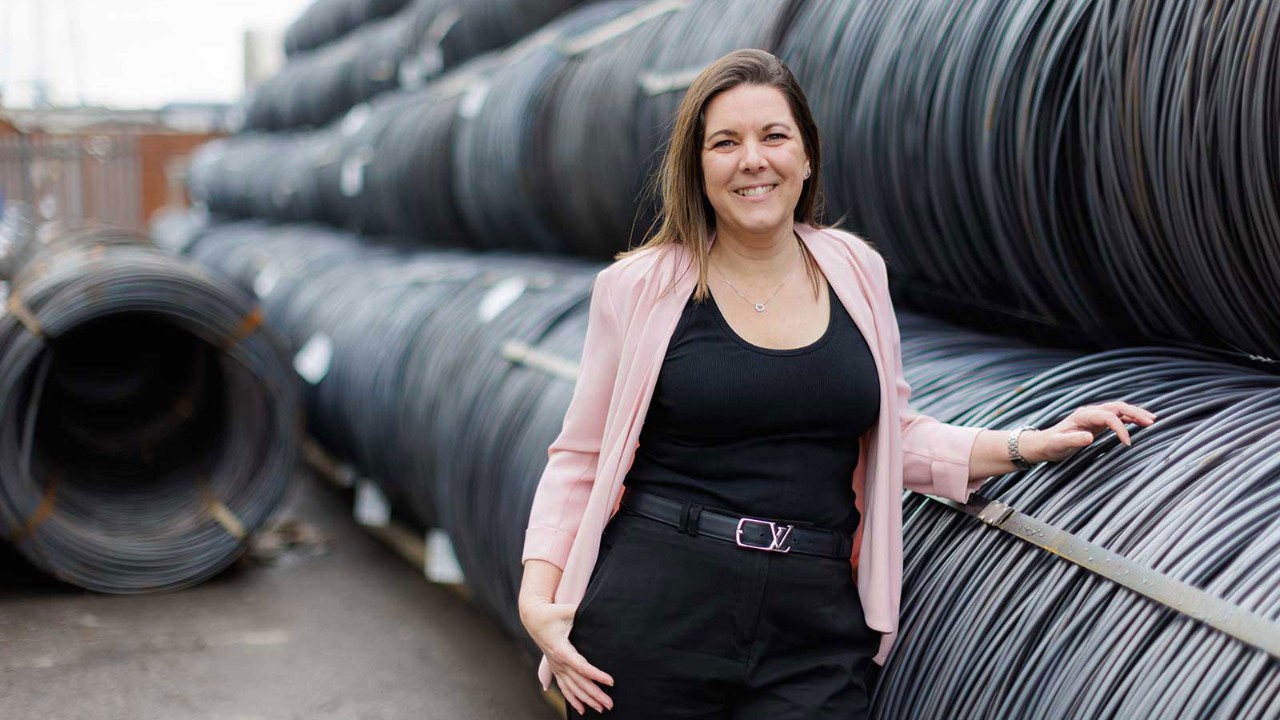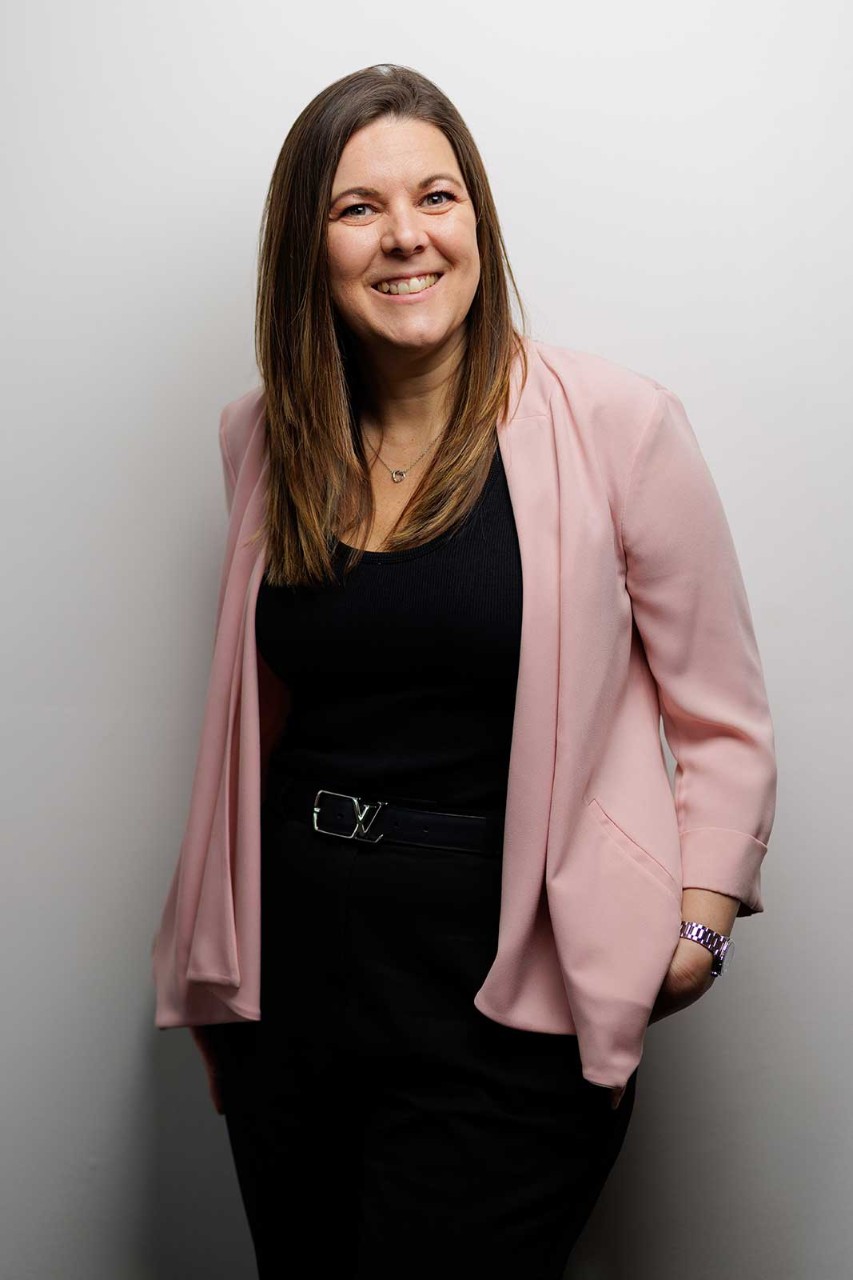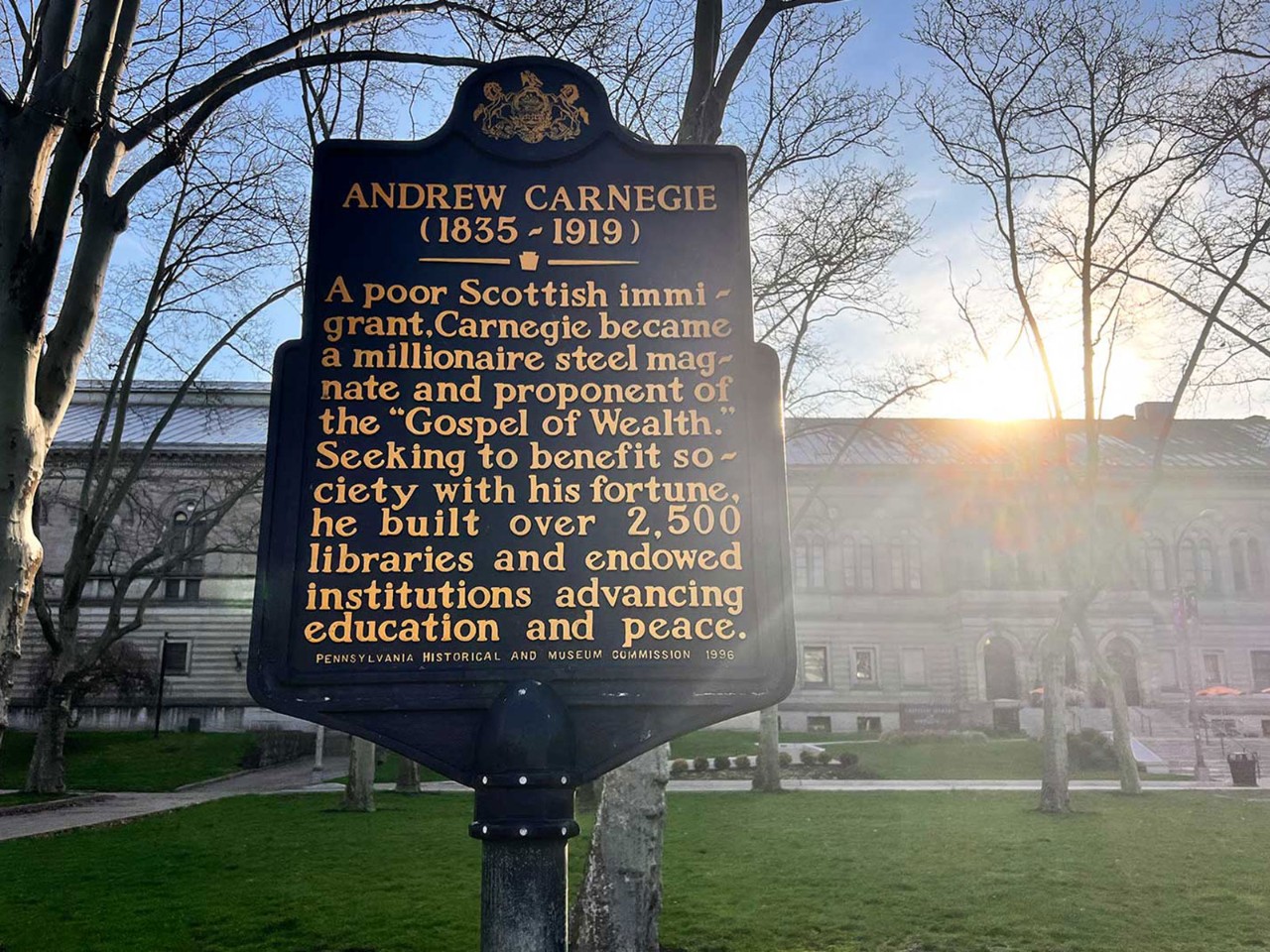
‘It’s just very humbling’, says Holly Arnold FCCA, CFO of one of the UK’s most important steel producers, 7 Steel UK, in reference to the reception she received when addressing new ACCA members at Cardiff’s Coal Merchants Hall. Afterwards, a young female member thanked her for being ‘an inspiration’.
Arnold partly laughs off the recognition but also moves to acknowledge it. ‘The steel industry is male dominated, and all the press seems to be about men in steel,’ she says. ‘But I know what I can do. And I always say to my team, I can’t do it without you.’
‘I feel like I’ve been doing due diligence for two years’
Arnold was invited to give the speech after being made the first female and British CFO of 7 Steel UK (formerly Celsa), a major producer of steel reinforcing rods – also known as ‘rebar’ – and a feature of the Cardiff industrial landscape for the past 50 years. She is also the winner of several accolades from Finance Awards Wales, starting in 2020 with Young Finance Director of the Year and, most recently, being named CFO of the Year for the second time.
Put to the test
It comes as no surprise to those who watch her work. The past couple of years have seen Arnold put to the test, helping navigate the current downturn and the move from family ownership to control by hedge funds and banks, followed by the sale to Czech investment group Sev.en GI, finalised in April.
‘I feel like I’ve been doing due diligence for two years,’ she only half-jokes.
‘Immediately I was working with the government securing £30m funding’
In all, Arnold has been at the company for 15 years, working her way up from management accountant to financial controller and accounting and reporting manager, becoming CFO in 2019. This meant she was in charge when the pandemic hit and when the inflation crisis that spiked energy prices started after the Russian invasion of Ukraine in 2022. Energy costs were a particular trial as the monthly bill rose to a staggering £20m, though costs are now back down to a more manageable £5m per month.
The pandemic brought one of two occasions that Arnold cites as major landmarks in her career so far, as she was charged with leading the company through the process of applying for, and securing, a hefty government loan through the Project Birch support process. 7 Steel was the only company to come through the rigorous process to secure funds.
‘That was huge for me,’ she says. ‘I’d only been in the role for 12 months and immediately I was working with the UK government’s department of business and trade, securing £30m funding.’
‘You have to have some hardness that you can switch off’
And then there was the elevation to CFO. For the company, then run by a Spanish family business, it was a significant milestone. ‘When they asked me, I was the first British executive director and first female executive for the UK company.’ That, again, was ‘huge’.
Patience pays off
Arnold puts her achievement down to resilience and patience. A ‘positivity’ course has helped, and she says she resists ‘overthinking’.
‘I’m fortunate that I don’t get too stressed,’ she says. ‘I use stress as a good thing. You’ve just got to be patient in the way you deal with things, have the resilience to get through it. You have to have some hardness that you can switch off.’
‘It’s just one of those industries that gets in your bones’
Arnold concedes that the industry is tough, but ‘If you get through your first six months, I don’t know you ever get out of steel. It’s just one of those industries that gets in your bones.’
Innovative model
Industry aside, it might also have something to do with the model 7 Steel has created. First of all, it installed an electric arc furnace two decades ago, so it was ahead on technology.
Secondly, 7 Steel is a circular producer, operating the UK’s biggest recycling operation to repurpose metal into new steel. In one project, the company purchased the demolition scrap from an old site, recycled the steel and sent it back as rebar for a new build in the same area. Around 80% of the company’s output goes into UK projects, further keeping emissions down.
‘We’re staying at the forefront; that’s why I’m still here 15 years later’

‘We’re staying at the forefront,’ says Arnold. ‘I think that’s very exciting. That’s why I’m still here 15 years later. Steel is tough; it’s not boring. I think we’re always looking forward.’
Finance has a crucial role to play building sustainability into business modelling and analytics alongside the firm’s sustainability manager. ‘We’re working very closely together to make sure the funds are there to do all the things we need to do,’ Arnold says.
Tariff tension
However, the business is not without its worries. For a start, the industry has been in a downturn for more than a year. There are also concerns that the current tariff conflicts between the US and the rest of the world could cause cheap steel to be dumped into the UK market. 7 Steel is part of the industry’s lobbying effort to have the current import quota system extended beyond its 2026 expiry date.
That said, Arnold is typically positive about the future. She believes that the government is listening to the steel industry on quotas, while on the horizon is the prospect of big renewable energy developments – onshore and offshore wind turbines – and likely a new nuclear plant at Sizewell in Suffolk, all of which will be steel-intensive projects.
‘We are perfectly placed as a company to supply the steel, we are low carbon and we’ve done it before,’ says Arnold. ‘There is optimism.’
7 Steel UK
2025
Spanish-headquartered Celsa acquired by Czech group Sev.en GI
800,000
Tonnes of steel produced in 2024
1m
Tonnes of scrap metal recycled annually
1,885
Direct jobs generated



